I've read some material about quantum computers and quantum circuits. A certain number of already known algorithms (Simon's algorithm, period-finding algorithm, Grover's algorithm, …) have the following form:
Suppose I have an unknown classical function f: {0,1}^n -> {0, 1}^m satisfying a certain number of statements. I can associate the (unknown) quantum circuit U_f to it and plug the |0.. 0> input state. Now let us define circuit X and show that when appended to U_f, the global output can be measured to extract some information about f.
Wait a minute... What is the relation with classical circuits? A classical problem would refer to an unknown input that satisfies certain properties, this input representing a state coming from outside (user action, file system, database, server, whatever). In case this state is rather generated by another circuit/algorithm the logic applies to the input before. In the end we don't reason about unknown circuits but about unknown inputs. The circuits (the algorithms/ the functions) are the known/chosen components.
Here I came to realize that the common name "circuit" was somehow misleading. In a classical world gate inputs can be thought as values coexisting with outputs. But quantum gates seem to require a temporal interpretation: inputs and outputs represent temporal evolution of the same qubits.
Now this does not really explain how you transform a given bunch of a priori unknown classical input bits (that I believe your keyboard will keep on generating in the future except maybe if Schrödinger's cat is sitting on it) into a "black box quantum circuit" transforming |0…0> into something to be reversed. For example Grover's algorithm propose, for a quantum circuit corresponding to a function f: {0, 1}^n -> {0, 1} that yields 1 for a single unknown input, an efficient method to determine this input. Nice! But how and why would you have to start with such a circuit in the first place?
